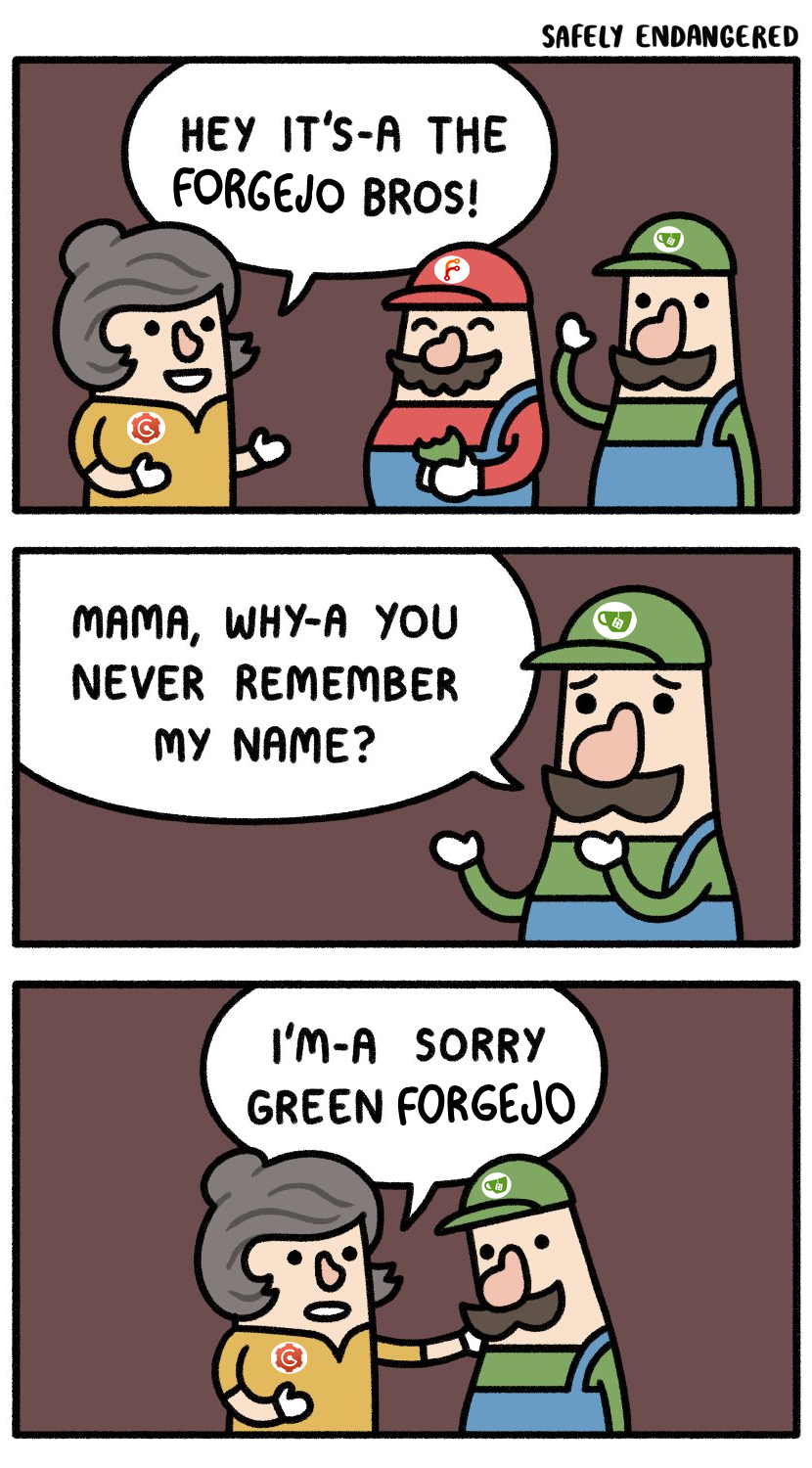touch "\" \""
QuazarOmega
Oh I see, with the help of another thread I understood what that is
Locally integrated menu = menu in title bar
I guess the improvement that it provides is space saving right?
Heck yeah brother, AROOO

Yeah, you want to sniff nix
MMMMH, lice killing cream 🤤🤤

they using the tongue
Automatic... transcription?
YESSSS 🎉🎉🎉
Love these news, I almost shed a tear
That looks pretty good! Though the automatic part I think is pretty important, know if there are any tools that do that? I tried searching, but didn't find much, just this bubblejail that would at least make things a little easier I guess
Could be, it looks pretty unknown for now though
That does make sense! I like the point about older systems, I didn't even stop to think about how much storge space has exploded in such a short amount of time and how it started from incredibly small capacities at very high prices that could have been hard to justify for any company that realistically just needed to keep some records
That's really interesting!
The good news is it sounds like this issue is being taken into account.
Is there a part in that page that says so? I wasn't able to find it
I wouldn’t be surprised if they added a YEAR2 though. T-SQL has a datetime2, after all.
Ok I wasn't expecting that, it sounds like a meme, but it's actually real lol



Mental damage